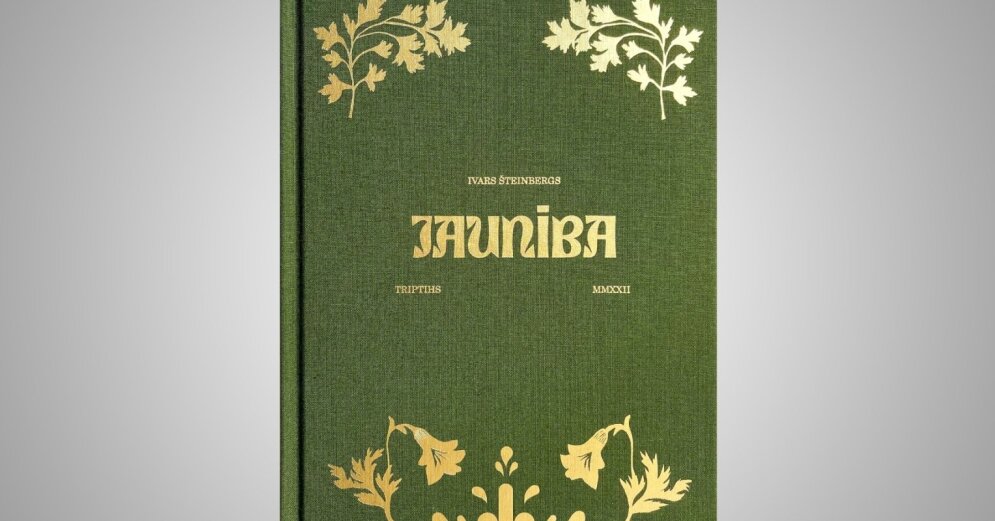However, more important than the plot in this work will probably be the author’s excellent memory and observational abilities, which allowed to reliably and perceptibly depict every detail of the musician’s day, giving a sense of presence and involving the reader in creative dreams. On the other hand, games with the genre of the heroic poem and their efforts to make every small detail ancient and sublime serve as an inexhaustible source of joy.
The next work “Hitchhiker’s Ballads” is dedicated to youthful memories of hitchhiking around Europe: simply standing on the side of the road, raising your hand and waiting for a passing car to stop, pick you up and take you on. As you can imagine, such trips bring an endless amount of adventures and observations about the people and places seen along the way. Not all experiences gained in this way are positive: the hitchhiker has to trust many people he has just met and hope that no one is going to cheat him, take him on the wrong road or throw him out of the car in the middle of nowhere.
Among the many motley types that flash in this poem, most of them turn out to be good people, so the friends’ dream of traveling around Europe comes true – they make it all the way to Paris and return home safe and sound. The poem is written without punctuation marks and capital letters at the beginning of sentences, thus saluting modernist poets and their long verses. An important element of the form is also the numerous quotations regularly placed in the text, which either comment on the situation, or serve as stylized expressions of the hero’s feelings, or confirm that he read books maniacally before the trip.
–
About half way through the poem it starts to seem that the volume of quotations is perhaps a bit overdone, but at the climax – the adventures in Paris and the final journey home – the author’s voice still prevails. The entire text of the poem can be read as a struggle between reality (the intense travel experience) and the world known in literature, which travelers also long to co-create, often exercising wit, composing many haikus, paraphrasing expressions in English or inventing the first sentence of their ideal novel. Steinberg’s approach here is reminiscent of Ezra Pound’s remark that his long poem “Cantos” is like a sack of rags into which he stuffs everything possible, and Steinberg also indulges in a variety of experiments with language that expand physical travel and exploration of the world in unpredictable ways, all the way up to Hugo Ball’s Dadaist for a poetry quote.
The third work, “With a Tongue”, which tells about the protagonist’s growth in discovering girls’ attraction, intimacy and the joys of sex, is structured as a cycle of poems written in verbiage with very long periods, usually several lines long. Thirty-three texts trace the hero from early childhood to the very recent past, when the grown man has found fulfillment in his family and looks back on his life full of sex and rock and roll with a gentle, nostalgic distance.
–


